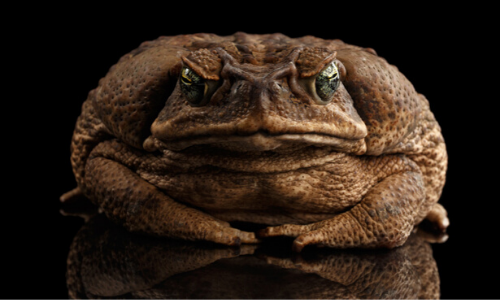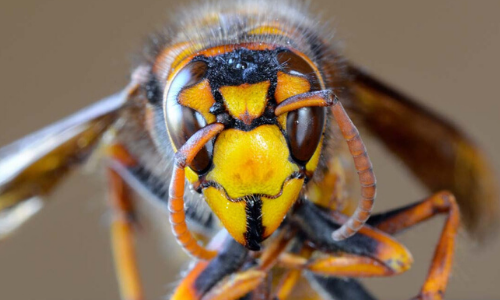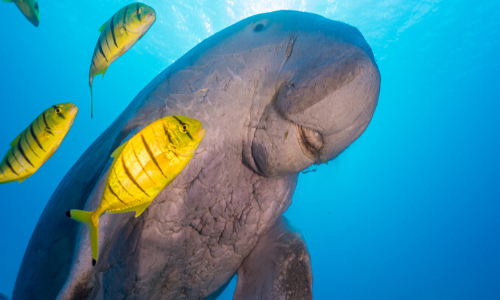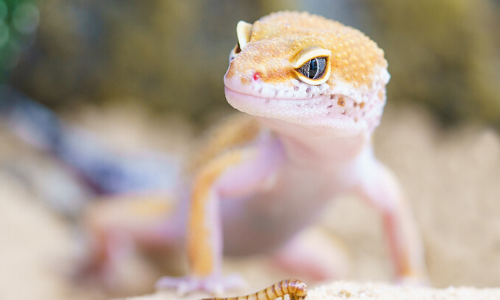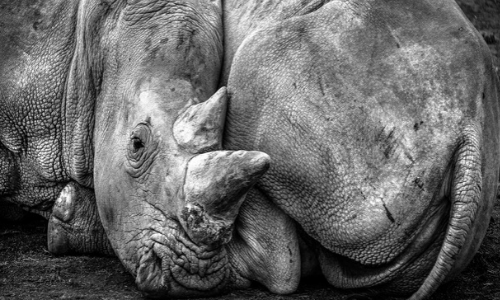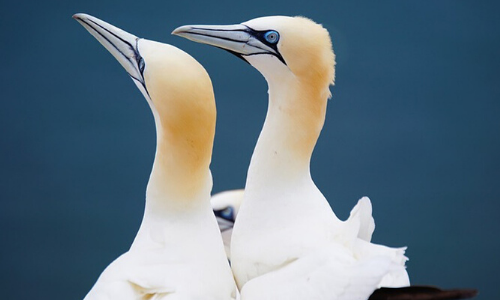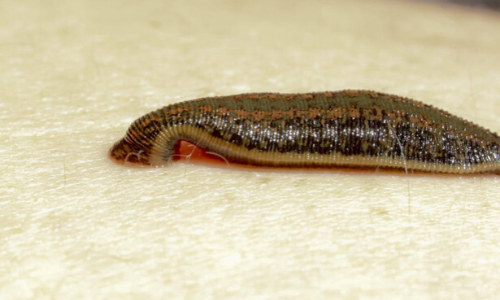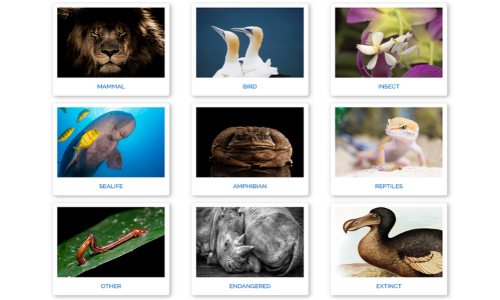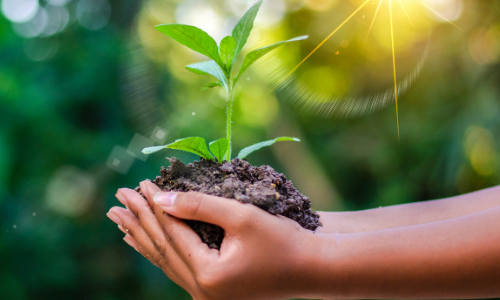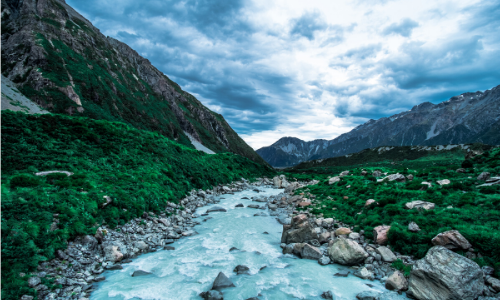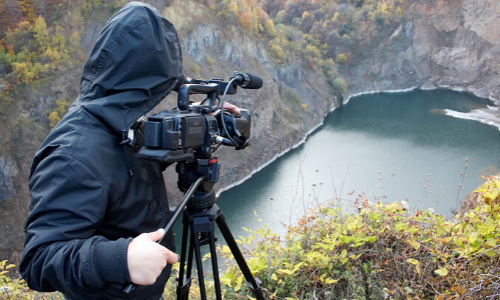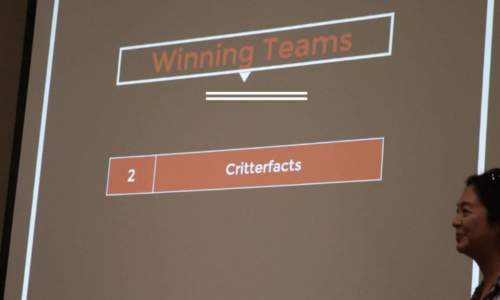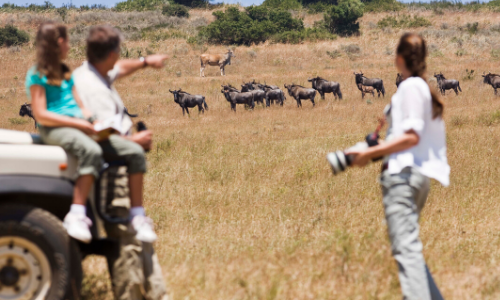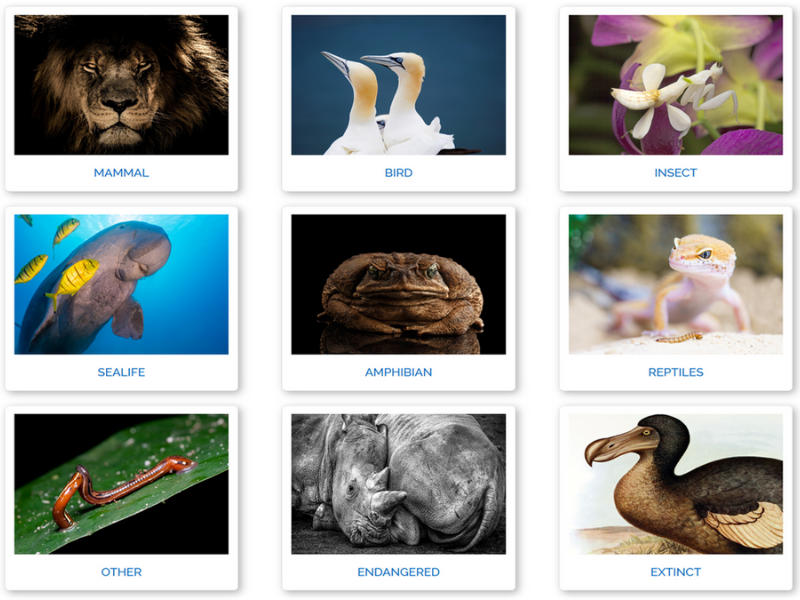As the climate crisis becomes more and more apparent and with little action being taken on a federal level, we are now coining a new term for the concern and despair that oftentimes accompanies these dire realizations about the natural world around us; ecological grief, or eco-anxiety.
I first came across this term on Instagram and immediately felt seen. We are living in a time where climate change has spilled over from being just a concern for the scientists to a concern for all. On the west coast, over 3 million acres of land burns in the state of California alone, while the southeast has already faced the second most active hurricane season to date. The climate crisis can cause a feeling of impending doom for many, especially those who have been in this fight for a very long time. We live in a world of instant gratification and we belong to a species of problem-solving.
These two things, however, do not always go hand in hand. Many want to find a solution that will protect the earth and future generations to come, but that solution is far from easy, and not immediate. The enormity of these heavy topics like species extinction, ocean acidification, environmental injustices, and severe weather events can feel like we are facing a hopeless future. But if we all start to burnout, who will keep fighting? It’s important to know when to take care of yourself and your mental well-being so that you can maximize your positive impact.
If this is you, I encourage you to read on and try some of the following coping techniques when you’re feeling like you have burnout from advocating for our planet. The American Psychological Association says that “Gradual, long-term changes in climate can also surface a number of different emotions, including fear, anger, feelings of powerlessness, or exhaustion”. This just goes to show that feeling drained when fighting for climate action is a normal human response and that you are not alone.
One of the most important things to remind yourself of is that we can’t do it all in a day. And we can’t always do it all perfectly, all the time. Say you forget your reusable grocery bags at home – do you waste the gas driving home to get them? Or do you use the single-use plastic bags at the store?

While neither of these options seems perfectly “green”, try to focus on your progress instead of perfection. You are not single-handedly the only person on earth responsible to solve all the world’s issues, and we all make mistakes! So instead of beating yourself up about it, realize what you can do next time to improve.
Sometimes it’s also helpful to disconnect, at least for a little bit. Put the phone down, stop reading the doom and gloom statistics, and go outside. Take a deep breath of fresh air and actually take a moment to enjoy the world you’re working so hard to save. Sometimes a walk outside or feeling the grass beneath your feet is all the refresher you need to jump back into action. Many ecologists also recommend practicing meditation and mindfulness as a form of escape and a way to de-stress for many conservationists.

Surround yourselves with those who have similar beliefs and who can uplift you when you’re feeling burnt out or depressed. There are a lot of communities and like-minded people who would love to have you on their team or cause! A healthy support system can make all the difference in staying motivated and positive when things get tough.
Lastly, continue to learn even when you might be taking a break from the more “active” parts of your mission. Reading books, listening to podcasts, and watching relatable documentaries can all serve as helpful reminders that others, around the globe, are putting their best foot forward for change, just like you! Knowledge is extremely powerful. Never downplay the work that research will help get accomplished.
We aren’t in this alone, and we can’t do this alone.


